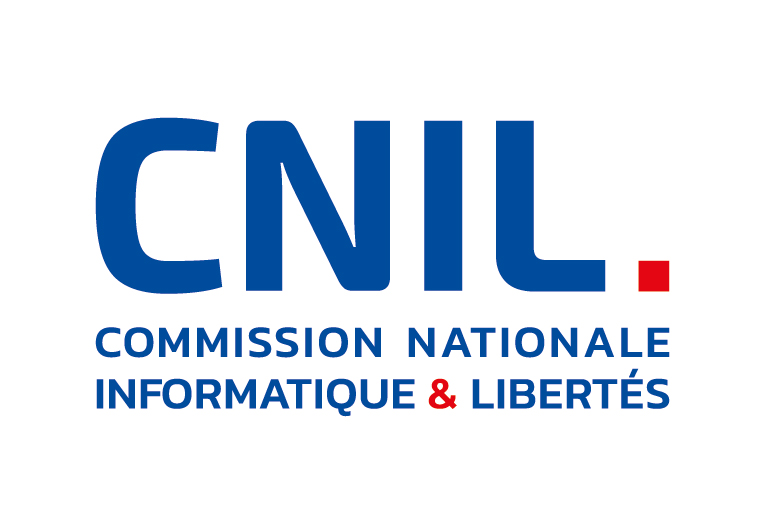The registry includes all children newly diagnosed with cancer, younger than 18 years (since 2011), and whose usual residence is in mainland France or overseas departments at the time of diagnosis. RNCE made up of: The French National Registry of Childhood Haematological Malignancies, which records all diagnoses of haematological malignancies since 1990 and The French National Registry of Childhood Solid Tumours, which records all solid tumours cases since 2000. Until 2011, RNCE covered mainland France’s under 15 population. Since 2011, it expanded to the overseas territories and teenagers under 18 years old.
Definitions and objectives
A registry is defined by the French Registry Evaluation Committee (CER), as a structure carrying out continuous and exhaustive collection of personal data related to one or several health events, within a geographically-defined population, for research purposes and public health surveillance, conducted by skilled team.
The identification and documentation of cases are carried out by the network of clinical research associates of the RNCE. They collect data related to the diagnosis, management, and progression of the disease. They are supervised by coordinators who ensure the quality of the data and code the diagnoses according to international classifications. Additional data quality controls are conducted by the registry’s data managers.
RNCE’s mission
RNCE supplies French survival and incidence figures against cancers and some benign pediatric tumours. It supports the surveillance missions of Santé publique France and INCa and serves as a basis for research conducted by the Epidemiology of Childhood and Adolescent Cancers (EPICEA) team and its collaborators. It is also the foundation of the Childhood Cancer Observational Platform (CCOP).
The RNCE is part of the Francim network, the ENCR, and the IACR.
Data security and privacy

Data computerization, data security, validation process, together with database cross-checking, ensure the completeness and quality of the RNCE national data (French Data Protection Authority CNIL authorisation #998198 ).
In this context and in accordance with the law of August 6, 2004 (relating to the protection of individuals with regard to the processing of personal data) and amending the “Data Protection” law No. 78-17 of January 6, 1978 (relating to data processing, files, and freedoms), unless the parents object, information about the child’s illness is transmitted to the National Registry of Malignant Hematologic Diseases of Children and to the National Registry of Solid Tumors of Children. The right to information, access to the file, and rectification of information can be exercised with the responsible authorities of the Registries.
